What are Hormonal Factors?
Hormonal factors refer to the various hormones produced by the endocrine system in the human body. Hormones are chemical messengers that regulate numerous bodily functions, including growth, metabolism, sexual development, and reproduction. These factors play a crucial role in maintaining homeostasis and ensuring the proper functioning of the body's systems.
Types of Hormonal Factors
There are several key hormones that play important roles in the body:
- Estrogen: This hormone is primarily associated with the development of female sexual characteristics and the regulation of the female reproductive system.
- Testosterone: Known as the male sex hormone, testosterone is responsible for the development of male reproductive tissues and the maintenance of male secondary sexual characteristics.
- Insulin: Insulin helps regulate blood sugar levels and facilitates the uptake of glucose by cells for energy production.
- Thyroid hormones: These hormones, including thyroxine (T4) and triiodothyronine (T3), regulate metabolism and influence growth and development.
- Adrenaline (epinephrine) and noradrenaline (norepinephrine): These hormones are involved in the body's "fight or flight" response, increasing heart rate and mobilizing energy in times of stress.
- Progesterone: Progesterone plays a key role in the menstrual cycle and pregnancy, as well as in the development of the mammary glands.
Functions of Hormonal Factors
Hormonal factors have a wide range of functions in the body, including:
- Regulating growth and development
- Controlling metabolism and energy production
- Maintaining reproductive processes
- Regulating fluid and electrolyte balance
- Influencing behavior and mood
- Supporting the body's response to stress
Importance of Understanding Hormonal Factors
Understanding hormonal factors is important for several reasons:
- It allows us to comprehend the changes that occur during puberty and throughout the lifespan.
- It helps us understand the underlying causes of certain medical conditions, such as diabetes, thyroid disorders, and reproductive disorders.
- It enables us to make informed choices about our health, including decisions about nutrition, exercise, and reproductive health.
- It provides insights into the development and treatment of hormonal imbalances and related disorders.
Study Guide
Here are some key points to focus on when studying hormonal factors:
- Identify the major hormones in the human body and their functions.
- Understand the role of hormonal factors in the reproductive system.
- Explore the impact of hormonal imbalances on overall health and well-being.
- Examine the connection between hormonal factors and specific medical conditions.
- Consider the ways in which lifestyle choices can influence hormonal balance.
By mastering these concepts, you can gain a deeper understanding of the crucial role that hormonal factors play in the human body.
.◂Science Worksheets and Study Guides Fourth Grade. Weather and Climate

 Activity Lesson
Activity Lesson
 Worksheet/Answer key
Worksheet/Answer key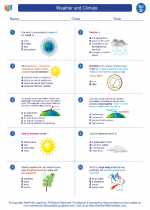
 Worksheet/Answer key
Worksheet/Answer key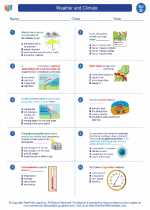
 Worksheet/Answer key
Worksheet/Answer key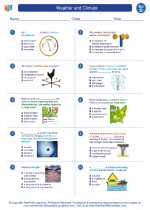
 Worksheet/Answer key
Worksheet/Answer key
 Vocabulary/Answer key
Vocabulary/Answer key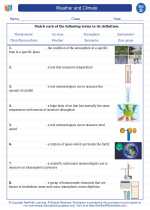
 Vocabulary/Answer key
Vocabulary/Answer key
 Vocabulary/Answer key
Vocabulary/Answer key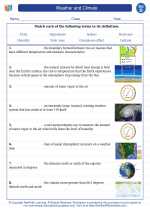
 Vocabulary/Answer key
Vocabulary/Answer key
